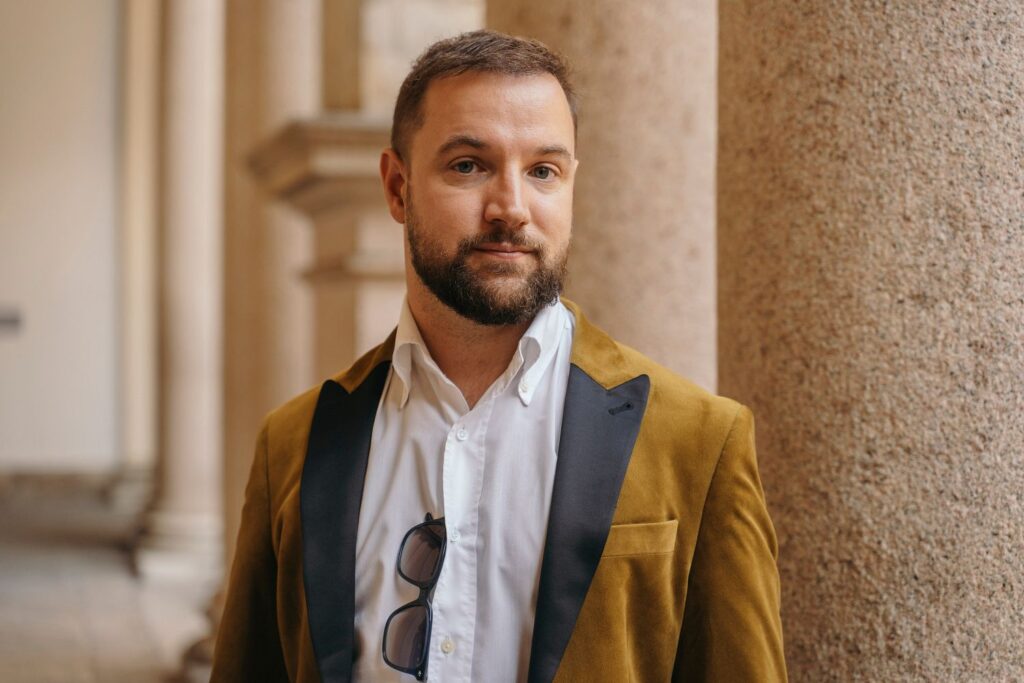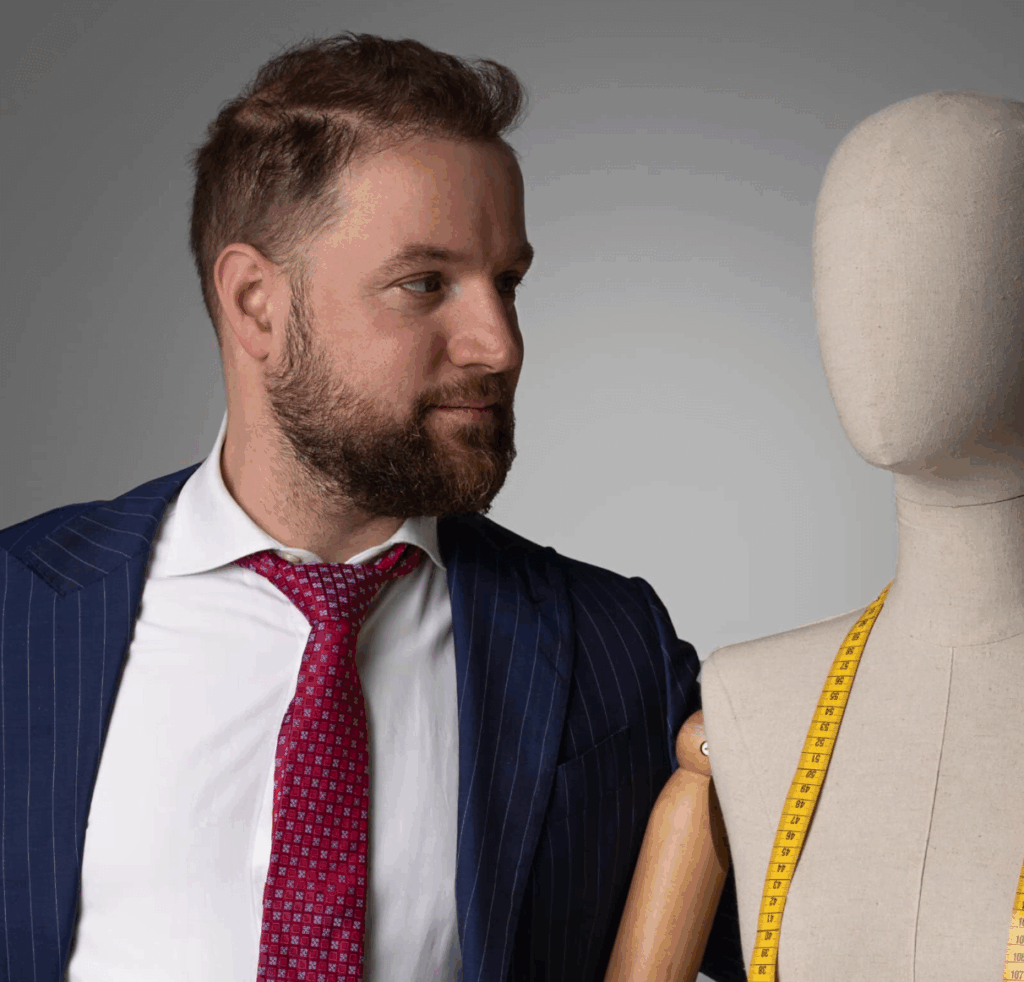Luxury branding is more than fancy logos and expensive tags. In fact, consumers do not just purchase products—they buy experiences and emotional connections that shape their identity. Most people think luxury is all about status symbols but there is a whole world of psychology shaping why people reach for that designer bag or limited edition watch and it runs way deeper than price tags and pretty packaging.
Table of Contents
- What Is Psychology In Luxury Branding?
- The Importance Of Emotional Connections In Luxury
- How Consumer Perception Shapes Luxury Brands
- Key Psychological Concepts Behind Luxury Marketing
- Real-World Examples Of Psychology In Luxury Branding
Quick Summary
| Takeaway | Explanation |
|---|---|
| Emotional connections drive luxury brand loyalty | Luxury consumers seek deep emotional engagement, transforming transactions into meaningful connections with brands. |
| Perception shapes luxury brand identity | Consumer interpretation of luxury offerings hinges on alignment with personal identity and aspirational self-image. |
| Neurological triggers enhance brand attraction | Luxury brands activate pleasure centers in the brain, fostering positive associations that influence purchasing decisions. |
| Personalization creates unique customer experiences | Tailoring products to individual narratives boosts emotional resonance and validates consumer identities. |
| Cultural authenticity strengthens brand narratives | Crafting genuine stories rooted in heritage enhances emotional connections and fosters sustainable brand relationships. |
What is Psychology in Luxury Branding?
Psychology in luxury branding represents a sophisticated approach to understanding consumer behavior, emotions, and decision making within premium market segments. This specialized field explores how psychological principles directly influence purchasing patterns, brand perception, and consumer engagement in high-end markets.
The Fundamental Psychological Drivers
At its core, psychology in luxury branding decodes the intricate mental processes that transform a product from a mere object into a deeply desirable symbol of status, aspiration, and personal identity. Consumers do not simply purchase luxury items they purchase experiences, emotional connections, and representations of their ideal self.
To clarify the psychological drivers that transform luxury products into objects of deep desire, the table below summarizes each core driver and its impact on consumer motivation.
| Psychological Driver | Description | Impact on Consumer Motivation |
|---|---|---|
| Emotional resonance with brand | Consumers feel a strong emotional response to a brand narrative | Increases attachment and willingness to engage |
| Personal transformation through ownership | The product represents self-improvement or status progression | Prompts aspiration and identity alignment |
| Social signaling and status enhancement | The product broadcasts wealth, success, or group belonging | Motivates purchases for recognition and validation |
| Narrative alignment | The brand story aligns with personal experiences and goals | Deepens personal connection and loyalty |
| Sense of exclusivity | Ownership provides a feeling of being part of a unique group | Drives desire through scarcity and differentiation |
The psychological mechanics behind luxury brand attraction involve multiple complex layers:

- Emotional resonance with brand narrative
- Perceived personal transformation through product ownership
- Social signaling and status enhancement
Neurological and Emotional Mapping
Beyond traditional marketing strategies, psychology in luxury branding leverages advanced insights into human neuroscience and emotional triggers. According to research from the Journal of Consumer Psychology, luxury brands successfully activate specific neural pathways associated with pleasure, reward, and social validation.
This approach goes far beyond aesthetic appeal.
Luxury brands craft narratives that speak directly to consumers’ subconscious desires, creating powerful psychological connections that transcend rational purchasing considerations. Learn more about consumer behavior insights and how psychological principles shape luxury market interactions.
By understanding these deep psychological mechanisms, brands can create more meaningful, emotionally resonant experiences that transform transactional interactions into profound personal connections.
The Importance of Emotional Connections in Luxury
Emotional connections transcend traditional transactional relationships in luxury markets, becoming the primary mechanism through which brands create profound consumer loyalty and perceived value. These connections are not merely superficial marketing strategies but deep psychological engagements that transform products into meaningful personal experiences.
Psychological Foundations of Emotional Resonance
Emotional connections in luxury represent a sophisticated neurological process where brands tap into consumers’ deepest aspirational desires. These connections operate beyond rational purchasing decisions, engaging complex psychological mechanisms that link product ownership with personal identity, social status, and self-perception.
Key psychological triggers that generate emotional connections include:
- Personal narrative alignment
- Sense of exclusivity and belonging
- Symbolic representation of individual achievements
The Neurological Landscape of Brand Attachment
According to research from Frontiers in Psychology, emotional attachment to luxury brands significantly enhances brand loyalty, willingness to pay premium prices, and positive word-of-mouth marketing. The neurological processes involve activating reward centers in the brain, creating pleasurable associations that extend far beyond the physical product.
Luxury brands successfully craft emotional connections by understanding that consumers seek more than material possessions. Explore our comprehensive guide on luxury brand experiences to understand how emotional storytelling transforms consumer interactions.
These emotional connections become powerful differentiators in competitive luxury markets, where products are less about functional utility and more about creating unique, personalized narratives of aspiration and self-expression.

How Consumer Perception Shapes Luxury Brands
Consumer perception is the intricate psychological mechanism that transforms luxury brands from mere product offerings into powerful symbols of identity, status, and personal aspiration. This complex process involves multiple cognitive and emotional layers that determine how individuals interpret, value, and connect with premium market offerings.
The Cognitive Architecture of Brand Perception
Consumer perception in luxury markets operates through a sophisticated filtering system of personal experiences, social influences, and psychological expectations. Brands are not simply evaluated by their physical attributes but through a nuanced lens of symbolic meaning and emotional resonance.
Key dimensions that shape consumer perception include:
- Individual self-image alignment
- Social signaling potential
- Perceived authenticity and heritage
- Emotional engagement potential
Neurological Mechanisms of Brand Interpretation
According to research from ScienceDirect, consumer perception is deeply influenced by the congruence between personal self-image and brand identity. The more closely a luxury brand reflects an individual’s aspirational self-concept, the more powerful its psychological appeal becomes.
Perception is not a passive process but an active psychological construction where consumers continuously negotiate meaning. Discover more insights about luxury consumer behavior to understand the intricate ways individuals interpret and value luxury offerings.
Luxury brands that successfully navigate these perceptual landscapes do more than sell products. They create complex narratives that allow consumers to project, reimagine, and enhance their personal identities through carefully crafted brand experiences.
Key Psychological Concepts Behind Luxury Marketing
Psychological concepts in luxury marketing represent sophisticated frameworks that transform consumer interactions from transactional exchanges into profound emotional experiences. These concepts explore the intricate mechanisms of human motivation, perception, and aspiration that drive premium market engagement.
The Neurological Foundations of Luxury Desire
Luxury marketing operates at the intersection of neuroscience, psychology, and emotional intelligence, leveraging deep understanding of how consumers construct meaning, value, and personal identity through brand interactions. The process transcends traditional marketing approaches by tapping into fundamental human psychological needs.
Critical psychological concepts driving luxury marketing include:
This table highlights key psychological concepts in luxury marketing and provides concise definitions to clarify their role in motivating consumer engagement.
| Psychological Concept | Definition |
|---|---|
| Symbolic self-completion | The idea that consumers buy luxury brands to complete their self-identity |
| Social comparison mechanism | Consumers evaluate themselves through comparison with others, influencing luxury choices |
| Identity projection strategy | Using luxury products to showcase an ideal or aspirational sense of self |
| Scarcity and exclusivity | Perceiving limited availability as more desirable, heightening desire and engagement |
| Personal narrative integration | Incorporating a consumer’s story into the brand experience, strengthening emotional bonds |
- Symbolic self-completion theory
- Social comparison mechanisms
- Identity projection strategies
- Scarcity and exclusivity psychological triggers
Cognitive Mapping of Brand Experiences
According to research exploring consumer behavior in luxury markets, successful luxury brands understand that consumption is not about acquiring products but about constructing personal narratives. The psychological landscape involves complex interactions between individual aspirations, social expectations, and brand symbolism.
Explore our comprehensive insights into luxury consumer behavior to understand the nuanced psychological strategies that transform marketing from mere communication to profound emotional connection.
By understanding these psychological concepts, luxury brands can create immersive experiences that resonate deeply with consumers’ innermost desires, transforming products from material possessions into powerful vehicles of personal expression and social communication.
Real-World Examples of Psychology in Luxury Branding
Psychological strategies in luxury branding transform theoretical concepts into powerful, tangible experiences that deeply resonate with consumers. These real-world applications demonstrate how sophisticated understanding of human emotions and motivations can create profound brand connections.
Personalization as Psychological Engagement
Luxury brands leverage personalization as a sophisticated psychological tool that goes beyond aesthetic customization, creating deeply meaningful experiences that validate individual identity and emotional needs. This approach transforms products from mass-produced items into unique representations of personal narrative.
Key personalization strategies include:
- Individual narrative integration
- Emotional resonance through bespoke design
- Sensory experience customization
- Personal heritage and storytelling connection
Cultural and Emotional Authenticity
According to research on luxury brand strategies, successful luxury brands develop profound connections by crafting authentic narratives rooted in cultural heritage, traditional craftsmanship, and sincere storytelling. These approaches tap into consumers’ deeper psychological desires for meaningful connection and personal validation.
Explore our comprehensive insights into consumer behavior to understand how psychological nuances transform brand interactions from transactional exchanges to emotional journeys.
By meticulously understanding and implementing psychological principles, luxury brands create immersive experiences that transcend traditional marketing approaches, establishing profound emotional connections that transform consumer relationships into lasting, meaningful narratives of personal identity and aspiration.
Ready to Build Luxury Brands That Truly Connect?
If your brand struggles with turning luxury marketing touchpoints into powerful emotional bonds, you are not alone. The article highlighted how psychology in luxury branding unravels the reasons behind why buyers are drawn to stories and exclusivity, rather than just the product itself. Too often, brands lose impact because they lack strategies rooted in real consumer behavior, emotional triggers, and identity alignment.
Discover tailored fashion and luxury marketing solutions that use advanced psychological insights to elevate your brand.

Now is the moment to move from theory to action. Whether you need to reshape your customer experience or craft storytelling that drives loyalty in high-end markets, Corrado Manenti can help you stand out. Visit Corrado Manenti for a personalized consultation and take the next decisive step toward luxury branding mastery. Explore more expertise in marketing fashion and let your brand become a symbol of aspiration.
Frequently Asked Questions
What role does psychology play in luxury branding?
Psychology in luxury branding helps brands understand consumer behavior, emotions, and decision-making processes to create deep connections that transform products into symbols of status and identity.
How do emotional connections influence consumer loyalty in luxury markets?
Emotional connections in luxury markets enhance brand loyalty by engaging consumers on a psychological level, linking product ownership to personal identity, social status, and self-perception.
What psychological concepts drive luxury marketing strategies?
Key psychological concepts in luxury marketing include symbolic self-completion theory, social comparison mechanisms, identity projection strategies, and scarcity triggers, all of which influence consumer engagement.
How do luxury brands create personalized experiences for consumers?
Luxury brands leverage personalization through individual narrative integration, emotional resonance in design, sensory experience customization, and connections to personal heritage, providing meaningful experiences that validate individual identities.



